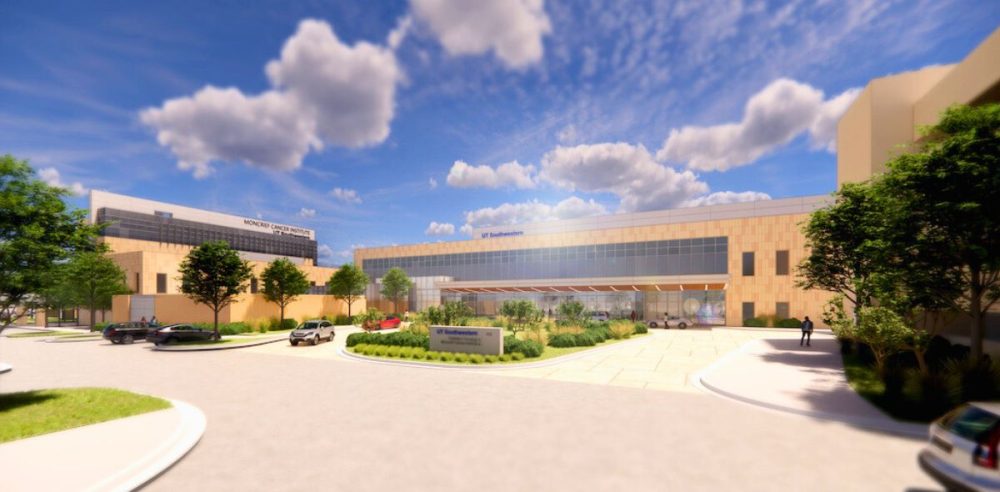UT Southwestern has broken ground on a new $177 million cancer center in North Texas.
The new radiation oncology center in Fort Worth is expected to help alleviate the growing demand for treatment, help develop life-saving clinical trials, and draw world-class physicians to the city.
In November, The Dallas Express reported that the new campus in the Fort Worth Medical District is expected to open in 2028. The new center will feature the city’s first MRI-guided precision radiation treatment, giving Tarrant County’s surging population a new tool in the battle against the disease.
Presently, many cancer patients in the area have to travel to Dallas to obtain precision radiation therapy. Fort Worth’s current radiation oncology services can serve only a third of the city’s population.
“This influx of specialists will help address the growing shortage while bringing exceptional talent to this community who will lead the way in scientific and clinical advances,” said Jonathan Efron, executive vice president for Health System Affairs at UT Southwestern, per KERA News.
“It brings trials directly to patients that would otherwise be out of reach.”
The multi-million dollar medical facility, which will be connected to UT Southwestern’s Moncrief Cancer Institute, officially broke ground on May 12. The complex will span 65,000 square feet at full buildout, making it the largest radiation oncology facility in Fort Worth.
“UT Southwestern’s expansion here is a pivotal step in the trajectory of this great city,” said Matt Rose, co-chair of the Fort Worth Expansion Campaign Steering Committee.
“It will provide world-class health care tailored to our needs.”
Daniel Podolsky, president of UT Southwestern Medical Center, noted that the state-of-the-art facility will deliver an advanced treatment developed at UT Southwestern called adaptive radiation treatment. As patients undergo treatment, adjustments will be made based on how their tumor responds, delivering a more personalized approach.
“The benefit is to prevent collateral damage, which could happen when radiation also affects some of the normal tissue around the tumor… It’s more precise, with fewer side effects and safer,” explained Podolsky.
Ultimately, says Podolsky, the facility will help UT Southwestern provide more comprehensive and holistic cancer treatment.


